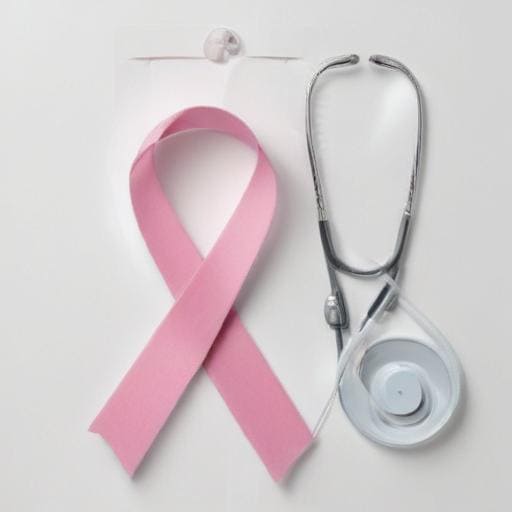Breast cancer cases are projected to increase by 38% globally by 2050, resulting in an anticipated rise of 68% in deaths linked to the disease. This startling projection is highlighted in a recent report by the International Agency for Research on Cancer (IARC), which operates under the World Health Organization (WHO). If these trends persist, the future may see 3.2 million new breast cancer diagnoses and 1.1 million annual deaths by mid-century.
The report, featured in Nature Medicine, emphasizes that low- and middle-income countries will bear the brunt of this burden due to inadequate healthcare access, early detection, and treatment options. Dr. Joanne Kim, a co-author of the study, pointed out the alarming statistics: “Every minute, four women are diagnosed with breast cancer worldwide, and one woman dies from the disease, and these statistics are worsening.”
Currently, breast cancer stands as the most common cancer among women and the second most prevalent cancer overall. In 2022, 2.3 million new cases were recorded along with 670,000 deaths. The statistics reveal significant disparities in incidence and mortality rates; countries like Australia, New Zealand, North America, and Northern Europe report the highest incidence, while Melanesia, Polynesia, and parts of Western Africa have the highest mortality rates due to limited healthcare access.
A stark contrast exists between survival rates in different regions, where 83% of women diagnosed in high-income nations survive breast cancer, compared to over half of women in low-income nations who do not. To combat this issue, the WHO has launched the Global Breast Cancer Initiative, aiming to reduce mortality rates by 2.5% annually and potentially avert 2.5 million deaths by 2040. The initiative focuses on enhancing early detection, ensuring timely diagnoses, and improving access to effective treatment options.
Dr. Isabelle Soerjomataram from the IARC emphasizes that “continued progress in early diagnosis and improved access to treatment are essential to address the global gap in breast cancer.” Furthermore, the report stresses the urgent need for stronger health systems, increased funding for breast cancer care, and the implementation of cost-effective policies to prevent the disease.
As the global community faces these daunting projections, there is a critical call to action for coordinated efforts to improve early detection strategies and ensure equitable healthcare access. With increased awareness and community engagement, there lies a hopeful opportunity to not only mitigate the impact of breast cancer but also to enhance health outcomes for populations worldwide. Promoting effective screening and treatment presents a viable pathway to combating this increasingly preventable and treatable disease.

Leave a comment